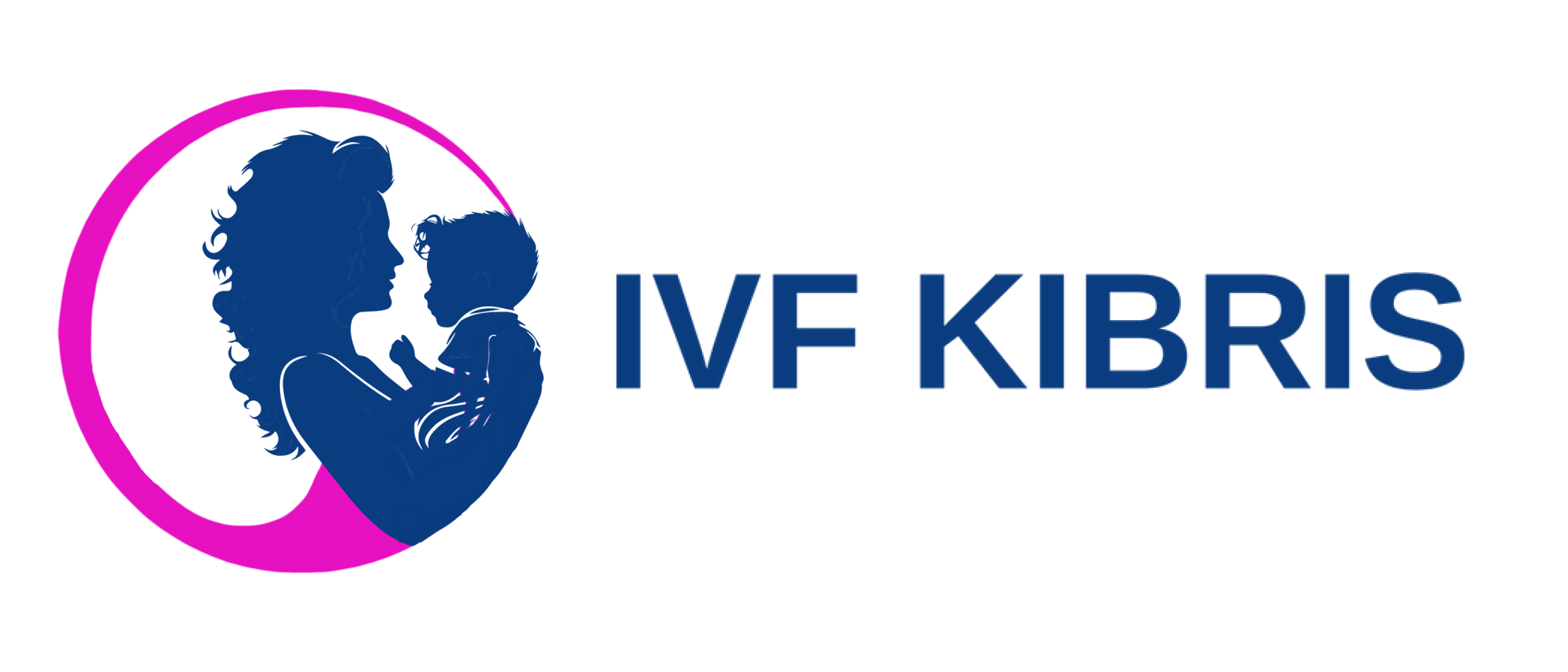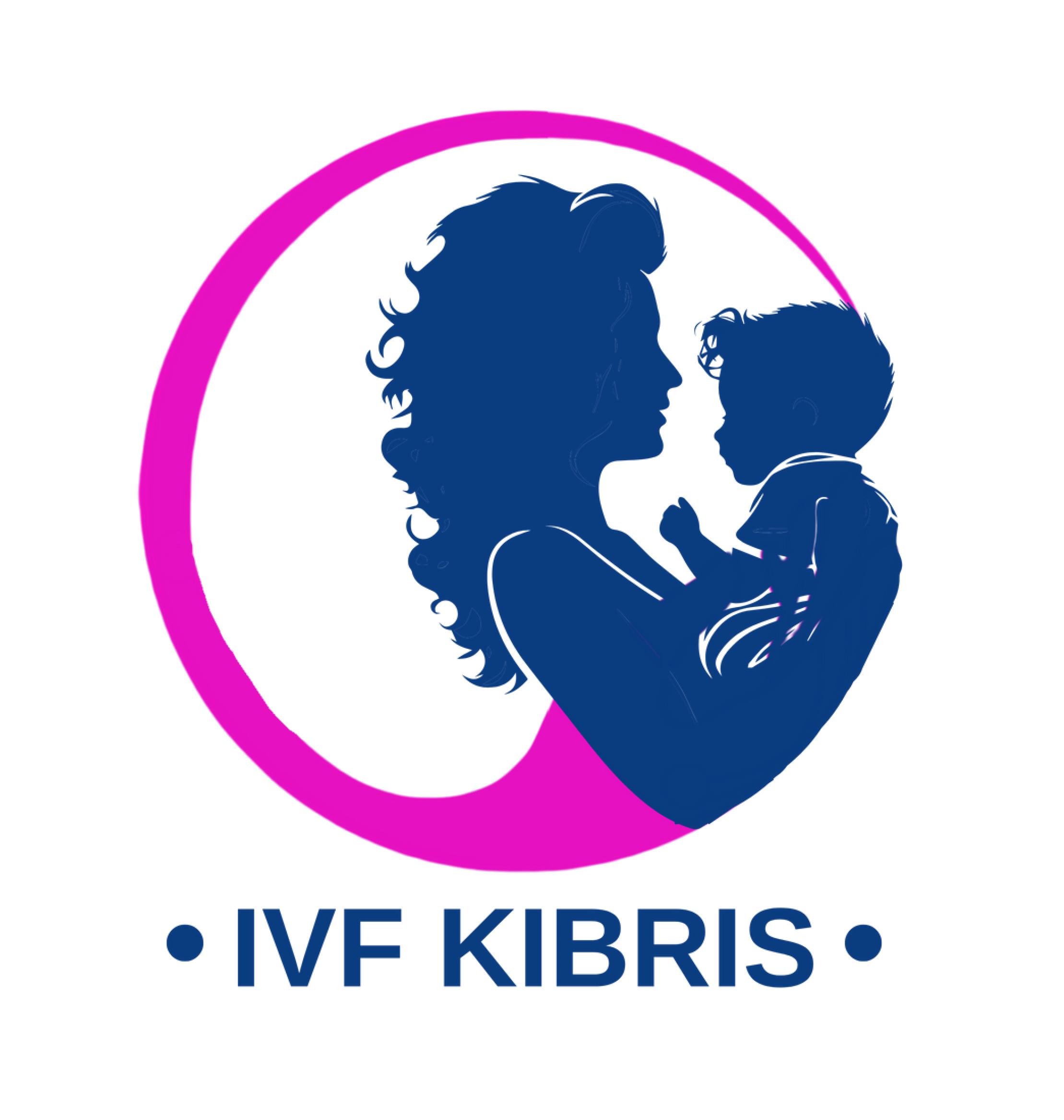IVFTreatment
What Is IVF Treatment?
In vitro fertilization (IVF) is an assisted reproductive method applied when couples cannot conceive naturally. In this treatment, mature eggs retrieved from the woman’s ovaries are fertilized in a laboratory with the sperm of the partner or a donor, and the resulting embryo is transferred into the woman’s uterus. This method ensures a genetic connection while offering high success rates.
When Is IVF Treatment Required?
IVF treatment is recommended in certain conditions, including:
- Blocked or damaged fallopian tubes in women.
- Low sperm count or poor sperm quality in men.
- Ovulation problems due to hormonal imbalances.
- Prevention of genetic disorders.
- Unexplained infertility.
- Recurrent miscarriages or failed IVF attempts.
These conditions make IVF an ideal solution for many couples.
What Methods Are Used?
The methods used in IVF treatment are selected based on the couple’s specific needs. Common techniques include:
- Conventional IVF: Eggs are fertilized with sperm naturally in a laboratory.
- Intracytoplasmic Sperm Injection (ICSI): A single sperm cell is directly injected into the egg.
- Assisted Hatching: The outer shell of the embryo is thinned to facilitate implantation.
- Preimplantation Genetic Screening (PGS): Embryos are screened for genetic diseases.
These methods help improve IVF success rates.
Who Can Undergo IVF Treatment?
Our Services
Contact Us
Send Us Your Questions, Our Experts Will Answer
Fill out the form below to ask your questions, and our experts will provide answers.

